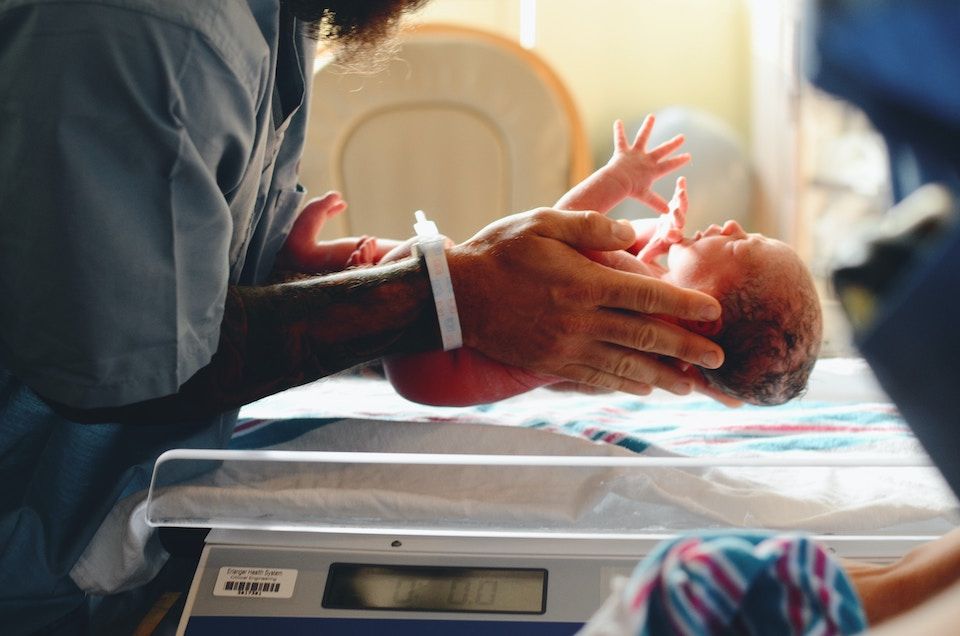The Vital Role of Midwifery in Maternal and Newborn Health: A Call for Investment and Support
The role of midwives in providing essential care to pregnant women, mothers, and newborns has become even more critical amidst the challenges posed by the COVID-19 pandemic. Despite the unprecedented circumstances, midwives have demonstrated unwavering dedication and adaptability in ensuring the well-being of their patients
In the face of the global COVID-19 pandemic, healthcare systems have been significantly strained, forcing healthcare professionals to adapt rapidly to ensure the provision of essential care while minimizing the risk of viral transmission. Among these remarkable healthcare workers are midwives, who have demonstrated unwavering commitment and adaptability in continuing to provide crucial care to pregnant women, mothers, and newborns during these challenging times. The recently launched report, "The State of the Midwifery Workforce in Eastern Europe and Central Asia," sheds light on the importance of midwifery in delivering high-quality maternal and newborn care and emphasizes the need for investments and support in this critical healthcare profession.
 Photo by Christian Bowen
Photo by Christian Bowen
Midwifery's Contribution to Maternal and Newborn Health
The report underscores that midwifery plays a vital role in the provision of high-quality care for women and newborns, with the potential to avert two-thirds of maternal and newborn deaths. Investing in midwifery education yields numerous benefits, including improved primary healthcare, enhanced quality of care, and significant reductions in maternal and newborn mortality rates. When midwives are well-educated, regulated, and integrated within multidisciplinary teams and functioning referral systems, they can address approximately 90% of the essential sexual, reproductive, maternal, newborn, and adolescent health needs throughout a person's life.
Current Landscape of Midwifery Workforce in Eastern Europe and Central Asia
According to the report, the region boasts 137,000 midwives, equivalent to 5.5 midwives per 10,000 individuals. This figure surpasses the global average of 4.4 midwives per 10,000 people. While these numbers are encouraging, WHO/Europe's recent regional report, "Health and Care Workforce in Europe: Time to Act," reveals a 30% decline in midwifery graduates in some countries within the region. Furthermore, the midwifery workforce in many nations is facing the challenge of an aging demographic, making it crucial to develop strategies and invest in initiatives to retain and attract more individuals to the midwifery profession.
The Impact of the COVID-19 Pandemic on Midwifery
The COVID-19 pandemic has posed unprecedented challenges for frontline health workers, necessitating the adoption of new protocols, guidelines, and technologies to minimize in-person contact while ensuring the delivery of high-quality care. Midwives have exemplified resilience and dedication by providing essential care to pregnant women, mothers, and newborns throughout the pandemic. Their ability to adapt to new circumstances and maintain their commitment to maternal and newborn health has been instrumental during these trying times.
The report on the state of the midwifery workforce in Eastern Europe and Central Asia serves as a crucial reminder of the vital role midwives play in ensuring the health and well-being of mothers and newborns. Investments and support in midwifery education, regulation, and integration within healthcare systems are urgently needed to address the challenges faced by the profession. By strengthening midwifery education and workforce retention strategies, we can enhance primary healthcare, improve the quality of care, and achieve significant reductions in maternal and newborn mortality rates. Governments, international organizations, academia, the private sector, and civil society must collaborate to implement measures that advance midwifery and acknowledge its fundamental contributions to the health of women and newborns. It is imperative that we seize this opportunity to invest in midwifery and ensure the availability of skilled and compassionate midwives for generations to come.
Source: WHO




